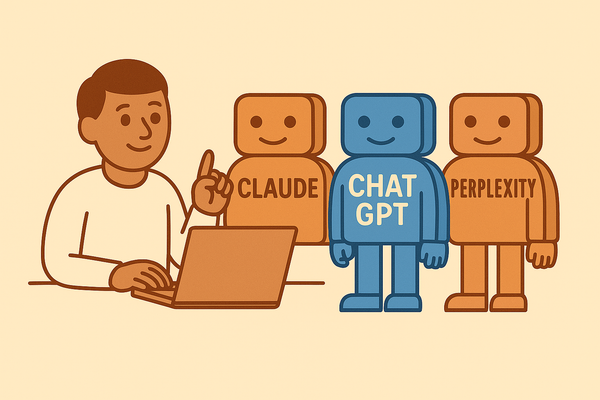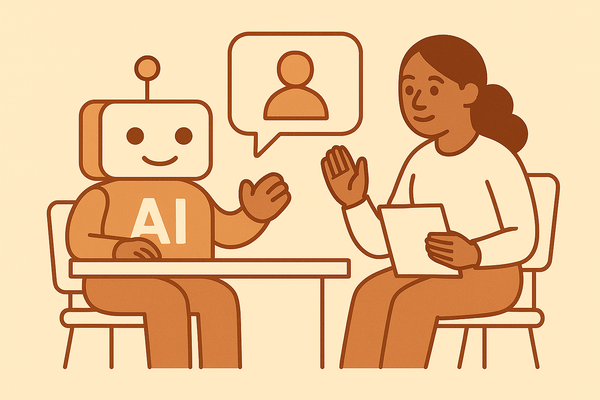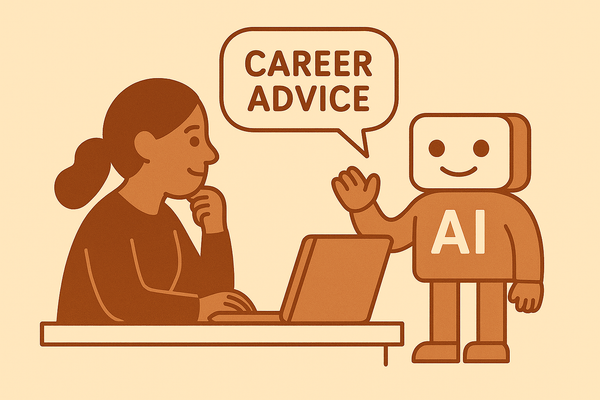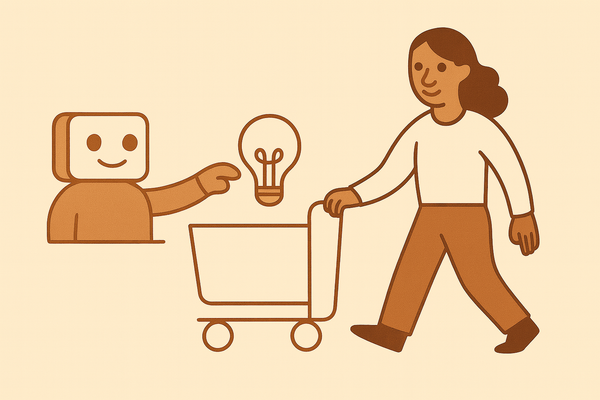How to Get Ahead with AI
When business schools put AI front and center, that's a signal worth heeding. AI isn't improving incrementally—it's doubling exponentially. While most people wait for permission or perfect conditions, early adopters are building skills and instincts that compound over time.
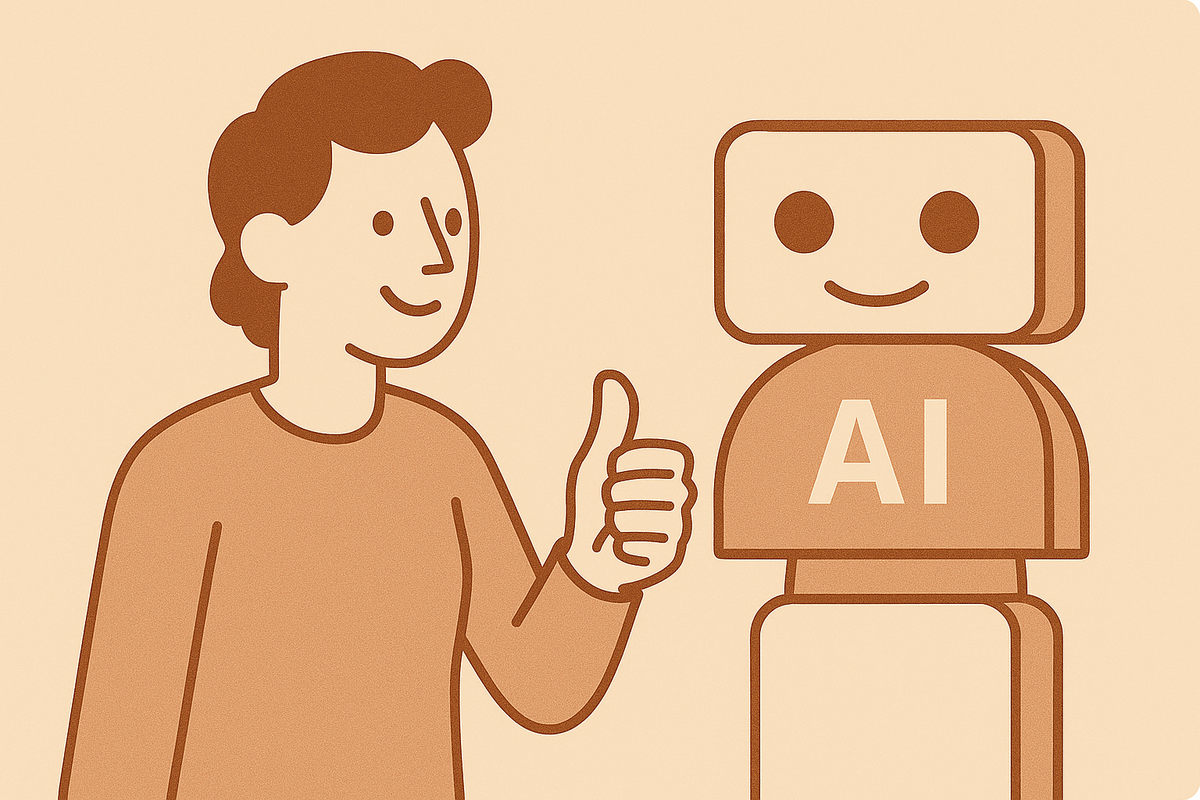
Why early adopters will shape the future of work.
I recently started business school.
On our first day, the Dean spent an hour emphasizing one point: learning AI isn’t optional.
It’s going to shape every industry, every career path, and every opportunity you care about.
It doesn’t matter what your career looks like today or what you want it to look like in the future. AI will almost certainly affect it.
When the institutions that shape the future of business are putting AI at the center, that’s a signal worth paying attention to.
It’s where the future of work is headed.
The good news is you don’t have to become an expert overnight. You also don’t need a fancy degree to get started.
You’re at the front edge of a shift that’s moving faster than most people realize.
Start now, even if it’s messy or imperfect. The skills and momentum you build will compound over time.
Every new technology follows a familiar pattern.
First, early adopters jump in and start learning.
Then, skeptics wait on the sidelines to see if it’s real.
Finally, the majority gets on board when it becomes obvious and safe.
Right now, AI is still in the early adopter phase.
Enjoying this post? Subscribe to my newsletter to get similar posts each week.
That means there’s still time for you to dive in, experiment, and actively shape what’s next.
You’ve probably heard people say, “AI is improving exponentially.” It’s a phrase that gets repeated so often it starts to lose meaning.
Here’s what it actually looks like.
Most technology improves gradually.
Take the iPhone. Each year, it gets a little faster. The camera improves. A few new features appear.
That’s steady, predictable progress. Maybe 5 or 10 percent better each year.
AI is not following that pattern.
It doubles, then doubles again, each time faster than before.
It’s like if you were still sending office memos through the mail, and then someone introduced email.
And just as you’re adjusting to email, your boss says, “Email is fine, but now we use phone calls.”
That’s the kind of leap AI is bringing.
You don’t need to know exactly where this is all heading.
You just need to be curious enough to explore and open enough to see what it could unlock for you.
By the time AI feels normal, the tools will be everywhere. They’ll also be easier and cheaper than ever.
But the real advantage doesn’t come from just having access to AI. It comes from learning how to use it well.
It’s about building intuition and habits that will keep paying off.
This moment isn’t just about doing your current job a little faster.
Past revolutions scaled physical labor. Machines took over repetitive, manual work.
AI is different. It scales intelligence, creativity, and problem-solving. These are the skills that matter most today.
The more you learn to work with AI now, the more you can scale what you're capable of in ways that were never possible before.
The goal isn’t to replace yourself with a machine.
It’s to enhance your thinking, your learning, and your ability to build at speed.
You don’t need a perfect plan.
You don’t need certainty.
You just need to start.
Be early. Be curious. Be willing to learn in public.
Because while most people are waiting, you’ll already be moving.

